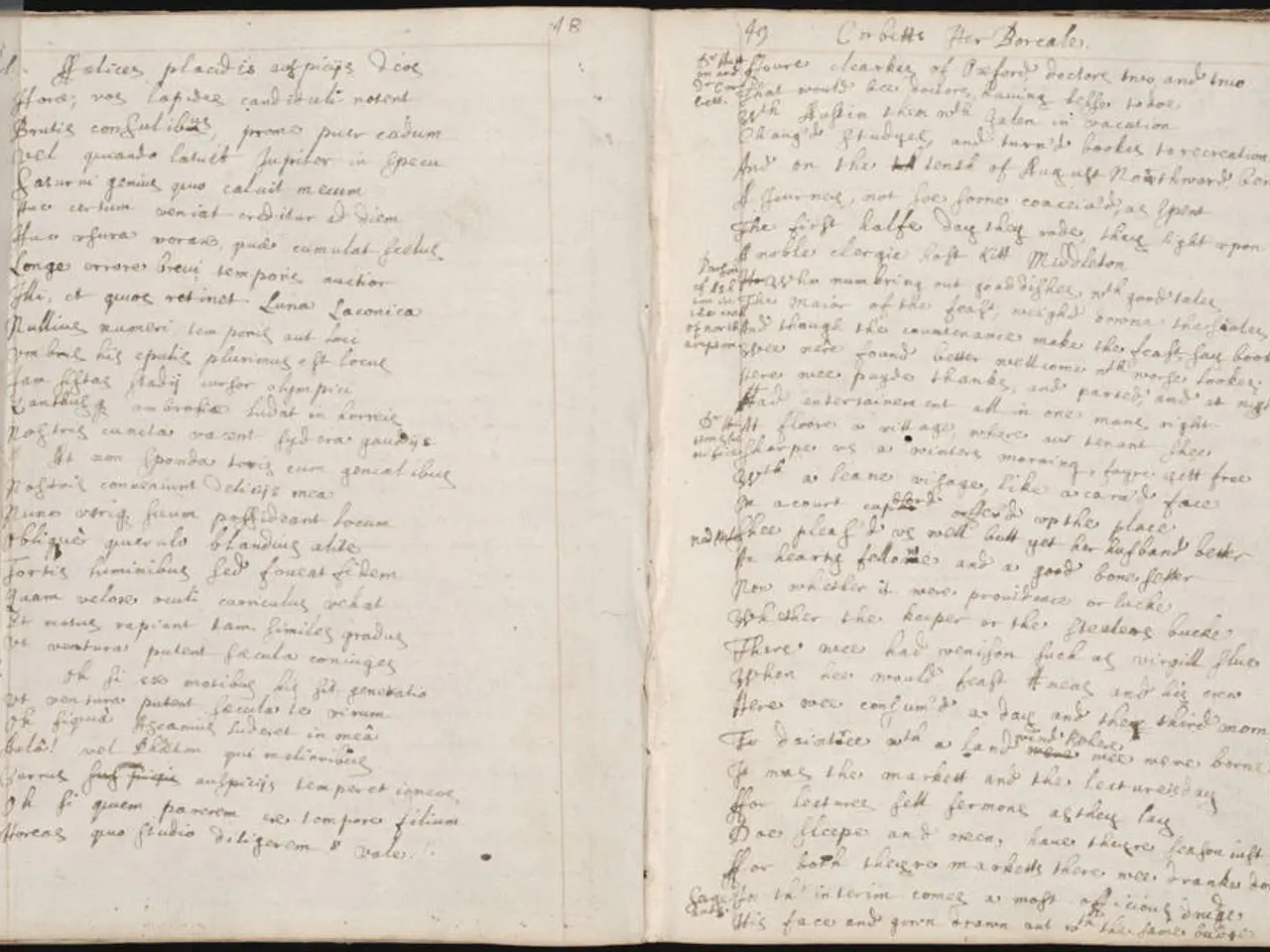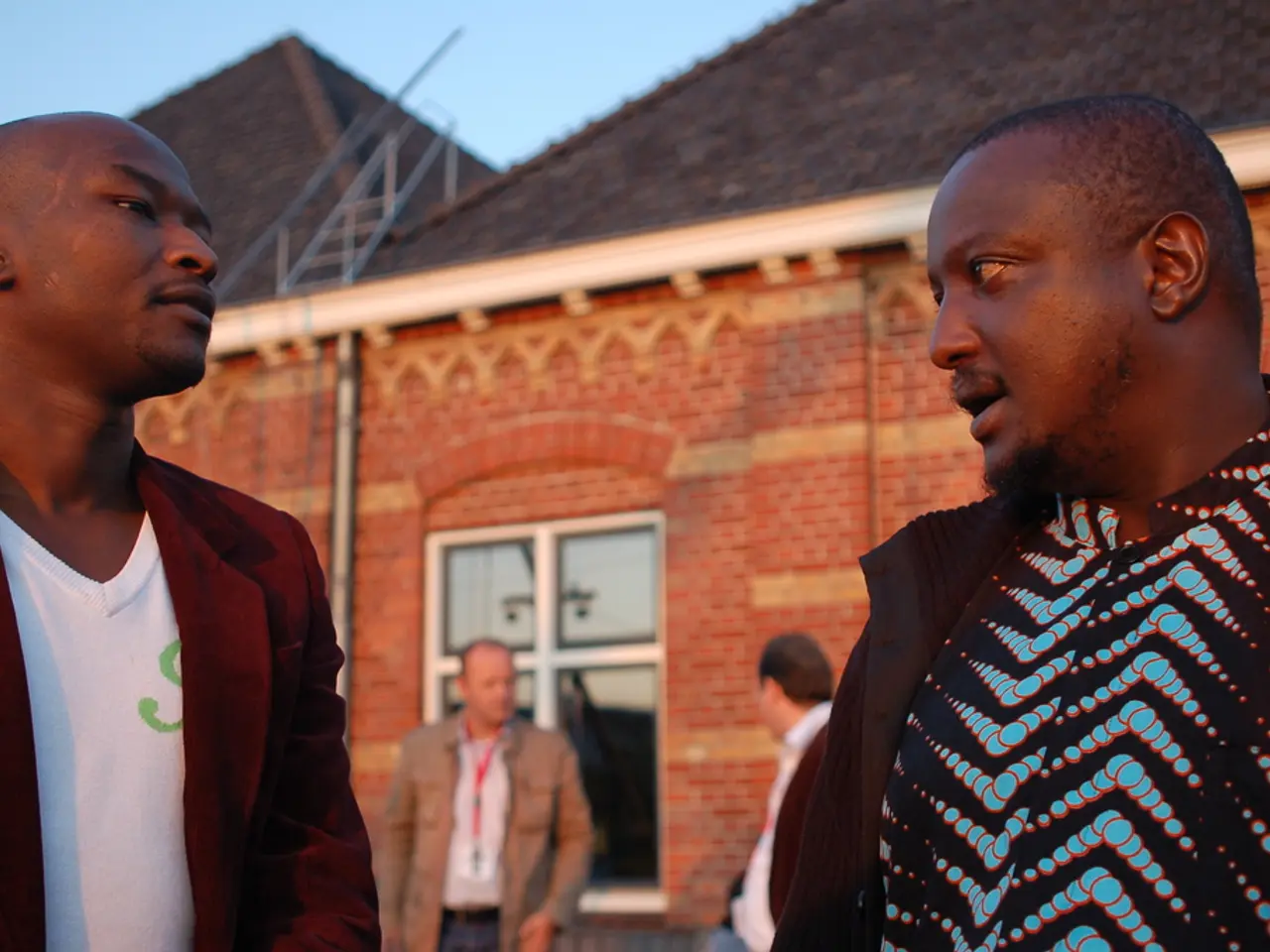Cultivating an Open Mindset and Intercultural Sensitivity through TOK Methods
The International Baccalaureate (IB) program's Theory of Knowledge (TOK) course places a significant emphasis on intercultural understanding and open-mindedness. These essential qualities enable students to question assumptions, explore diverse perspectives, and appreciate different cultural values and beliefs, fostering a global mindset necessary for becoming empathetic, tolerant, and responsible global citizens.
The TOK curriculum encourages students to consider multiple cultural perspectives on knowledge and truth, promoting open-mindedness as they learn that different cultures may hold different but valid ways of understanding the world. Students engage in activities such as cultural inquiry projects, cross-cultural knowledge fairs, debates on cultural biases, and intercultural communication workshops, which critically examine how culture shapes knowledge and communication.
Exploring ethical dilemmas across cultures is another crucial aspect of the TOK curriculum. This helps students recognise the importance of respecting cultural diversity in knowledge and ethics. Developing critical thinking skills to challenge their own cultural assumptions and biases in knowledge production and interpretation is also essential.
Through these strategies, students build an awareness that knowledge is often culturally situated, nurturing intercultural understanding, tolerance, and open-mindedness. These attributes are aligned with the IB Learner Profile and the mission to create peaceful global citizens. This educational approach helps students transition from local perspectives towards a global outlook, preparing them to navigate an interconnected world with empathy and critical insight.
The TOK course also provides tools to analyse knowledge from various cultural lenses, compare belief systems, methodologies, and values across societies, and explore real-life examples that contrast differing cultural perspectives. Effective examples for TOK analysis include debates around religious freedoms and freedom of expression, COVID-19 health strategies in different countries, and multilingualism's impact on knowledge in international education.
When structuring TOK essays, students should use a paragraph structure that includes stating a claim through one cultural lens, providing a real-life supporting example, presenting an alternative viewpoint from another cultural framework, and reflecting on how this contrast broadens understanding.
To support students in their TOK journey, resources such as RevisionDojo's TOK Hub offer essay templates, KQ guides, and AI tools to promote global thinking. The TOK Blog Hub provides cultural KQs and essay help, while the TOK Exhibition Planning Guide is available for students planning their final TOK project.
Sample TOK knowledge questions include "To what extent is knowledge culturally constructed?" and "How do indigenous knowledge systems challenge scientific paradigms?" These questions encourage students to delve deeper into the interplay of culture, knowledge, and truth, fostering a truly global perspective.
In conclusion, the IB's Theory of Knowledge program plays a vital role in nurturing intercultural understanding, open-mindedness, and critical thinking in students. By encouraging reflection on how upbringing affects knowledge interpretation and providing tools to analyse knowledge from various cultural lenses, the TOK course equips students with the skills necessary to navigate our increasingly interconnected world.
The IB's Theory of Knowledge (TOK) program, in its emphasis on intercultural understanding and open-mindedness, is a key component of students' lifestyle that encourages exploration of diverse perspectives, fostering a global mindset. Pursuing an education-and-self-development approach, the TOK course equips students with the skills to engage in critical debates on cultural biases, compare belief systems, and recognise the importance of respecting cultural diversity in knowledge and ethics.




